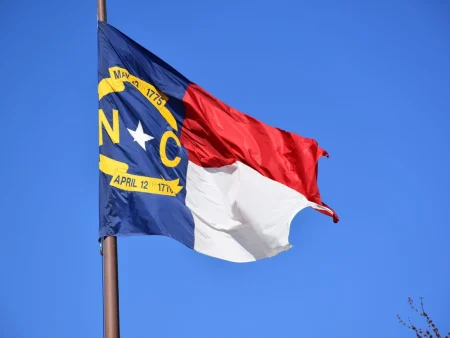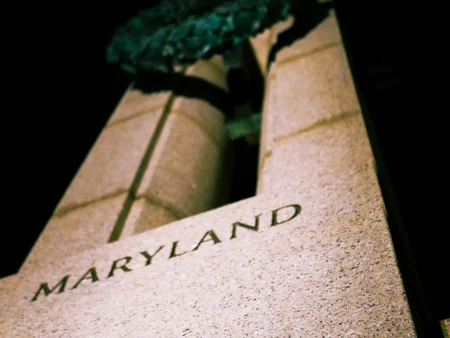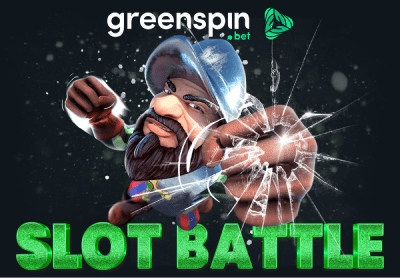Yesterday (19 March), US Representative Paul Tonko announced that he plans to file a bill that will limit sports betting advertising, ban funding wagering accounts with credit cards and prohibit the use of the phrases "no sweat" or "bonus" in promotional advertising.
What he didn’t highlight is that the bill would also “establish a general prohibition on sports betting” and require states to get permission from the federal government in order to offer legal sports betting.
Since the US Supreme Court (SCOTUS) overturned the Professional and Amateur Sports Protection Act (PASPA) in May 2018, more than 35 US jurisdictions now offer some form of legal sports betting.
Tonko’s proposal would ultimately require US jurisdictions to get approval from the Department of Justice in order to offer sports betting, according to an outline of the proposed bill. Those wishing to offer sports betting would have to file an application with the US attorney general and prove that they meet a list of requirements. Applications would be valid for three years. No application fee appears in the outline.
Sources say there may be some question as to the legality of the proposal, given that SCOTUS ruled that sports betting is a states’ rights issue nearly six years ago.
Should Tonko – a New York Democrat – file, it would mark the second time in two years that he has proposed legislation around sports betting advertising. In 2023, Tonko filed a bill that would have banned sports betting advertising completely. The new proposal would effectively replace that bill.
In January, another federal bill around legal sports betting – the GRIT Act – was introduced in congress. That bill would take 50% of the current federal excise tax and earmark it for problem and responsible gaming programmes.
Advertising, affordability, AI at heart of requirements
Billed as the SAFE Act (Supporting Affordability and Fairness with Every Bet), Tonko is aiming to implement federal oversight for sports betting advertising, affordability and artificial intelligence, according to a fact sheet.
Besides banning certain words in advertising, Tonko proposes a prohibition on sports betting advertising during live sporting events and a ban on sports betting “broadcast advertising” between 8am and 10pm daily.
The proposal would also limit bettors to five deposits per day and require operators to do “affordability checks” before accepting large wagers. The bill will propose banning the use of AI to track gamblers’ habits – which can then be used to create personalised promotions – and create betting markets.
The outline goes beyond Tonko’s three A’s. At the end are two lines that would ban betting on amateur sports “with some exceptions” for Olympics, Paralympics and college sports, and would prohibit prop bets on college and amateur athletes. Some states currently offer such wagering markets.
Billing the proposal as a public-health initiative, the fact sheet says that the bill would also require the creation of a nationwide self-exclusion-list clearinghouse and a surgeon general’s report about “public health challenges associated with sports betting”.
Finally, it would authorise the Substance Abuse and Mental Health Services Administration to gather data “on the incidence and outcomes of sports betting nationwide”.
Original Article















